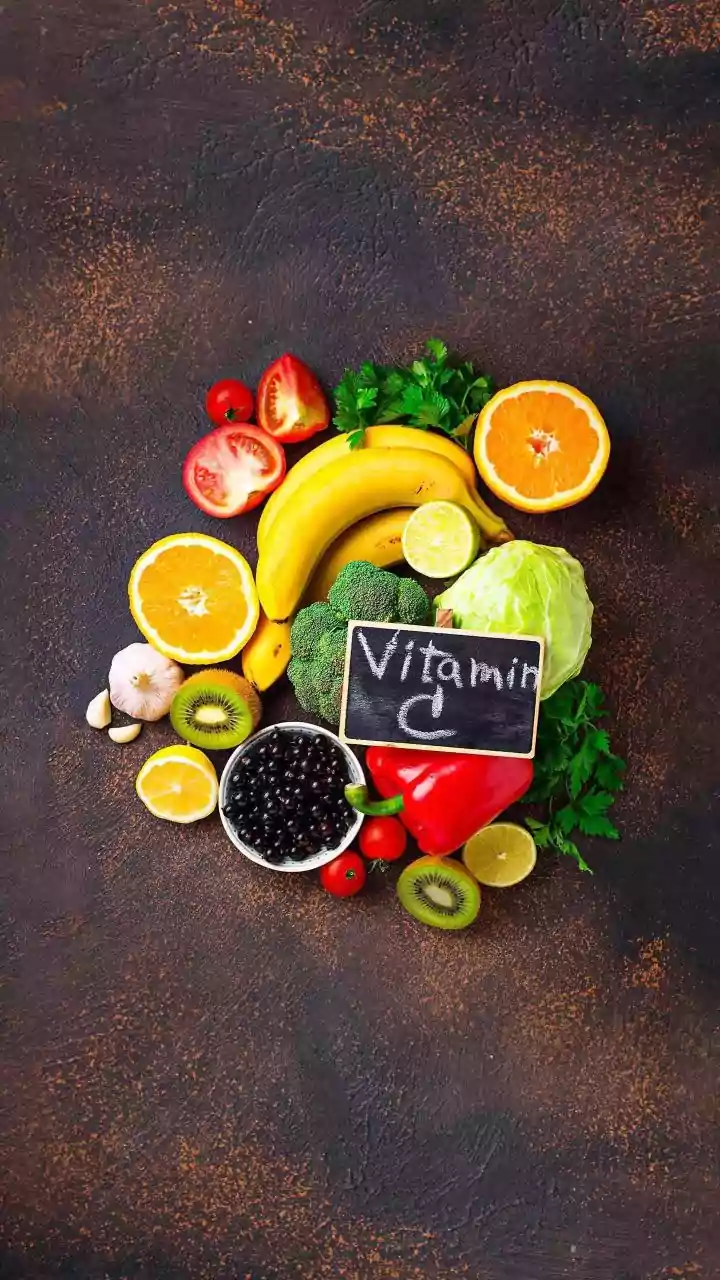The Kidney's Role
The kidneys are vital organs that work tirelessly to filter waste and toxins from your blood, maintaining fluid balance, and regulating blood pressure.
They also play a role in the production of red blood cells. When kidneys aren't functioning properly, waste can build up, leading to various health problems. Therefore, incorporating kidney-friendly foods into your diet is essential. These foods help support the kidneys' natural functions and potentially reduce the risk of kidney-related issues, helping to maintain overall health and vitality.
Red Bell Peppers
Red bell peppers are a nutritional powerhouse that's gentle on your kidneys. They are packed with antioxidants like Vitamin C, which help protect cells from damage. These peppers also contain Vitamin A, important for a healthy immune system. Furthermore, red bell peppers are a good source of fiber, which aids digestion and promotes overall gut health. They also provide B vitamins, which are crucial for energy production. Including red bell peppers in your diet is simple. They can be added to salads, roasted as a side dish, or incorporated into stir-fries for a delicious and nutritious boost, all while supporting your kidney health.
Cabbage is King
Cabbage is an excellent choice for kidney health because it is low in potassium, making it easier on the kidneys. It's also a good source of vitamins C and K, and fiber, contributing to overall health. Fiber aids in digestion and helps regulate blood sugar levels. Cabbage is versatile and can be enjoyed in various ways. You can eat it raw in salads or coleslaw, steam it as a side dish, or add it to soups and stews. Choose red or green varieties for a range of nutritional benefits. Its mild flavor makes it easy to integrate into your daily meals, supporting your kidneys without adding excess strain.
Cauliflower's Benefits
Cauliflower is another kidney-friendly vegetable that is low in potassium and rich in essential nutrients. It is a good source of Vitamin C and also contains compounds that may help fight inflammation and reduce the risk of chronic diseases. The antioxidants found in cauliflower protect cells from damage and support the body's natural detoxification processes. It's a versatile vegetable that can be enjoyed in several ways. Try it roasted, steamed, or mashed as a substitute for potatoes. You can also add it to soups, stews, or even use it as a rice substitute. Cauliflower's mild flavor makes it a fantastic addition to various dishes, supporting kidney health and overall well-being.
Garlic's Advantages
Garlic is a flavorful ingredient that provides several health benefits, including supporting kidney health. It is known for its antioxidant and anti-inflammatory properties. Garlic helps protect against kidney damage and is easy to include in your diet. Garlic can be minced, sliced, or used as a whole clove. You can add it to any savory dish, from stir-fries and pasta sauces to roasted vegetables and soups. It can also be eaten raw, though the flavor is more intense. While garlic has many benefits, moderation is key; it should be consumed as part of a balanced diet. Garlic adds a delicious flavor to your meals and can also contribute to overall kidney and cardiovascular health.
Onions: A Choice
Onions are an excellent addition to a kidney-friendly diet due to their low potassium content. They are packed with antioxidants, which help reduce inflammation and protect your cells from damage. They are also a good source of chromium, a mineral that aids in carbohydrate and fat metabolism. Onions can be used in a wide range of dishes, from salads and soups to stews and stir-fries. They can be eaten raw, caramelized, or cooked, offering a variety of flavors and textures. The different types of onions, such as red, white, or yellow, have varying levels of nutrients, making them a flexible ingredient for a balanced diet. Onions provide numerous health benefits and are also delicious.


















